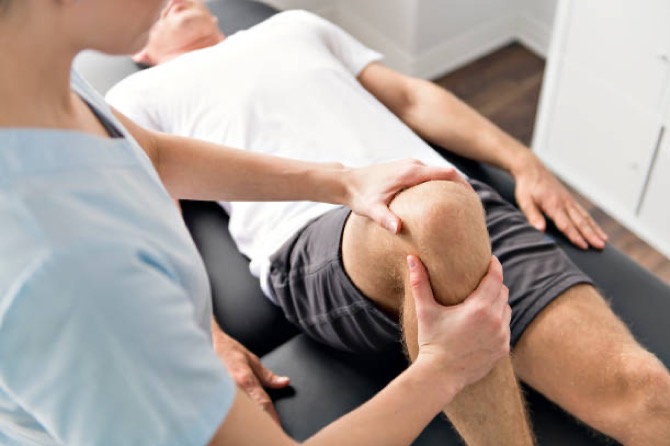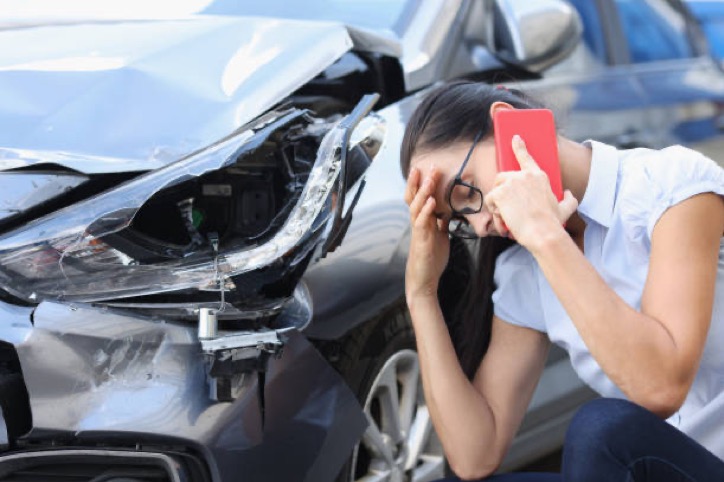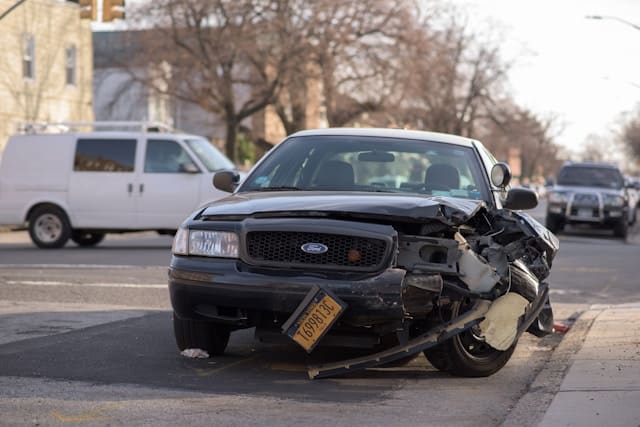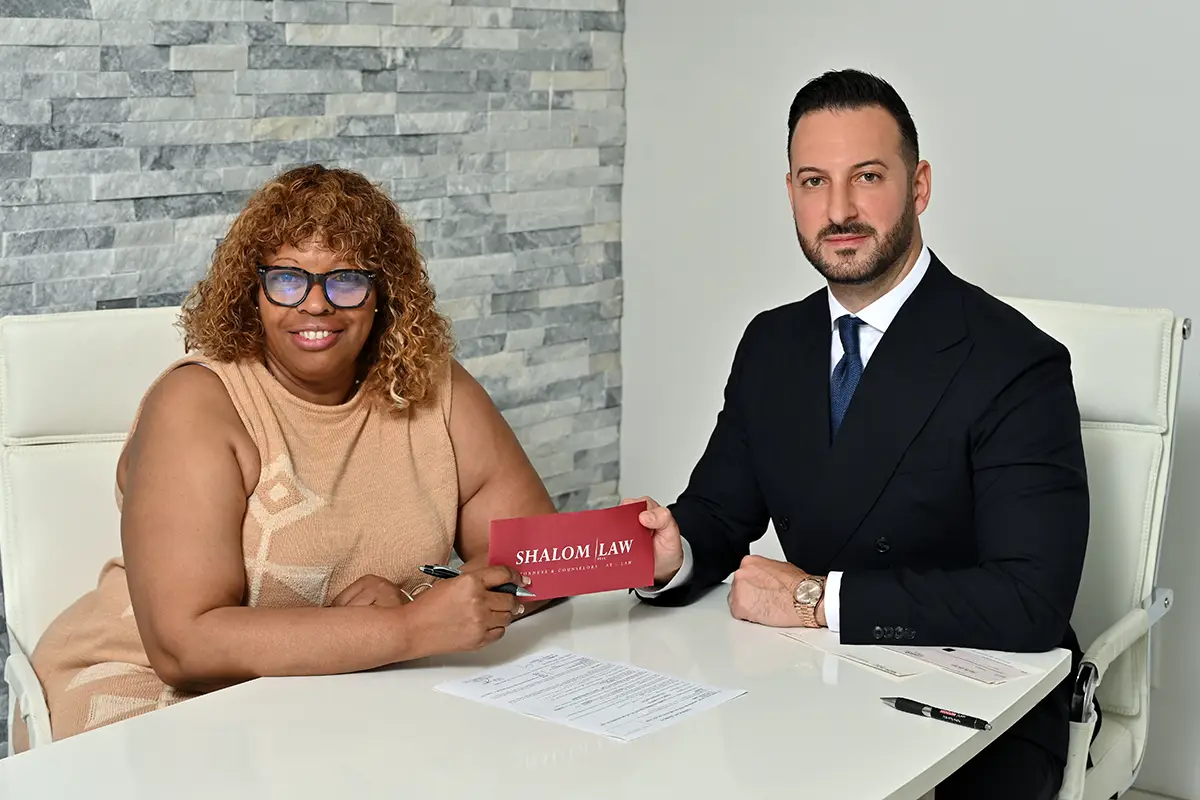Photo by Shalvee Jodagee on Unsplash
Even if you have personally utilized one of the above rideshare companies, there is almost a 100% chance you have driven alongside drivers for these companies on the streets of New York City. This is because there are literally millions of rideshare drivers operating throughout the five boroughs here in New York, and estimates project these numbers are bound to grow.
Unfortunately, however, the increase of rideshare drivers working for companies like Uber and Lyft comes an increase in crashes involving rideshare vehicles. In fact, the rise in rideshare-related accidents is what spurred the two-year cap imposed in New York City from August of 2018 to August of 2020, which limited new rideshare drivers in the city.
In a lot of ways, Uber and Lyft crashes may appear to be relatively identical to any other car accident. However, there are a few unique distinctions that are important for New Yorkers to understand.
Who is Responsible in an Accident Involving an Uber or Lyft Vehicle?
When two vehicles collide, there is almost always someone to blame. And the same is true even when one of the cars involved is an Uber or Lyft vehicle. But unlike in a typical car accident with you behind the wheel of one car and another person behind the wheel of the other car, in a rideshare accident, you may be just an innocent passenger of essentially a stranger’s vehicle. So how would you get compensation for your injuries in that situation?
Well, the compensation you could receive depends on several things. First, it will depend on who caused the accident, as well as what insurance coverage each party involved has, and also what role you personally played in the crash. Based on the answers to those three questions, there is a variety of possible options for how you may be able to pursue compensation for your injuries.
To better understand these options, it’s important to first consider whether you were a driver, a passenger, a pedestrian, etc. Consider if you fit into any of these scenarios:
- An Uber or Lyft driver hit me.
- I was a passenger in an Uber or Lyft vehicle.
- If you were hurt on a ride, you may have a couple of options:
- I am an Uber or Lyft driver, and someone else hit me.
- If you are driving for Uber or Lyft, and you are injured in a collision that was NOT your fault, you may have a potential claim against the at-fault driver.
- However, it is important to note that both Uber and Lyft offer rider-injury protection policies to assist with the cost of medical care and short-term disabilities. Where available, these policies may even cover you, as the driver, even if you are to blame for the crash.
No matter what scenario your accident falls under, it is important that you immediately speak to an experienced New York Personal Injury to discuss how to file each kind of claim and what types of compensation you may be entitled to receive.
The Specifics of New York Insurance Law for Ridesharing Apps
In 2018, New York State passed new requirements pertaining to insurance coverage for ridesharing companies, referred to by the law as Transportation Network Companies (or “TNCs”) such as Uber and Lyft.[1] The requirements passed in 2018 have been adjusted on several occasions since their inception, but the law currently requires all TNCs in New York to provide the following amounts and types of insurance coverage[2] for all parties injured in an accident involving their vehicle:
The above requirements are minimum requirements, and luckily for rideshare passengers, several rideshare companies actually offer insurance coverage above these requirements. For example, both Uber and Lyft offer at least $1,000,000 in third-party liability coverage, which covers bodily injuries or property damage a driver has caused when the driver is logged on to the app and en route to pick up a passenger or on a trip.[3]
In addition, individuals who drive for Uber or Lyft are required to maintain their own car insurance coverage at all times when they are operating a ridesharing vehicle. But luckily, even if the driver has failed to obtain insurance on her own, New York’s legal requirements mandate that ridesharing companies provide requisite coverage regardless of if the driver has insurance: ride sharing companies themselves are responsible for maintaining uninsured/underinsured (UM/UIM) insurance coverage, which fills the coverage gap if your rideshare driver or the other driver involved in the accident is uninsured or underinsured.[4]
These legal requirements are meant to protect anyone and everyone involved in rideshare-related car accidents: those struck by Uber and Lyft drivers, Lyft and Uber passengers, and the rideshare drivers themselves, but unfortunately, successfully securing adequate compensation can still be difficult, and sometimes it even requires going after the ridesharing companies themselves.
Which is why if you have been hurt in an Uber or Lyft accident, you need to contact a dedicated New York City car accident lawyer like those at Shalom Law, PLLC. Our attorneys are here to discuss your situation with you and help you figure out how to maximize your compensation. The average car accident is difficult enough to recover from, but this is especially true for ridesharing accidents. You are going to need an attorney on your side who knows how to navigate the new laws and tricky insurance companies to make sure your rights are protected. Call Shalom Law, PLLC for a free initial consultation today: (718) 917-9474.
This memorandum relates to general information only and does not constitute legal advice. Facts and circumstances vary. We make no undertaking to advise recipients of any legal changes or developments.
Queens, New York
105-13 Metropolitan Avenue
New York 11375
(718) 971-9474
www.shalomlawny.com







